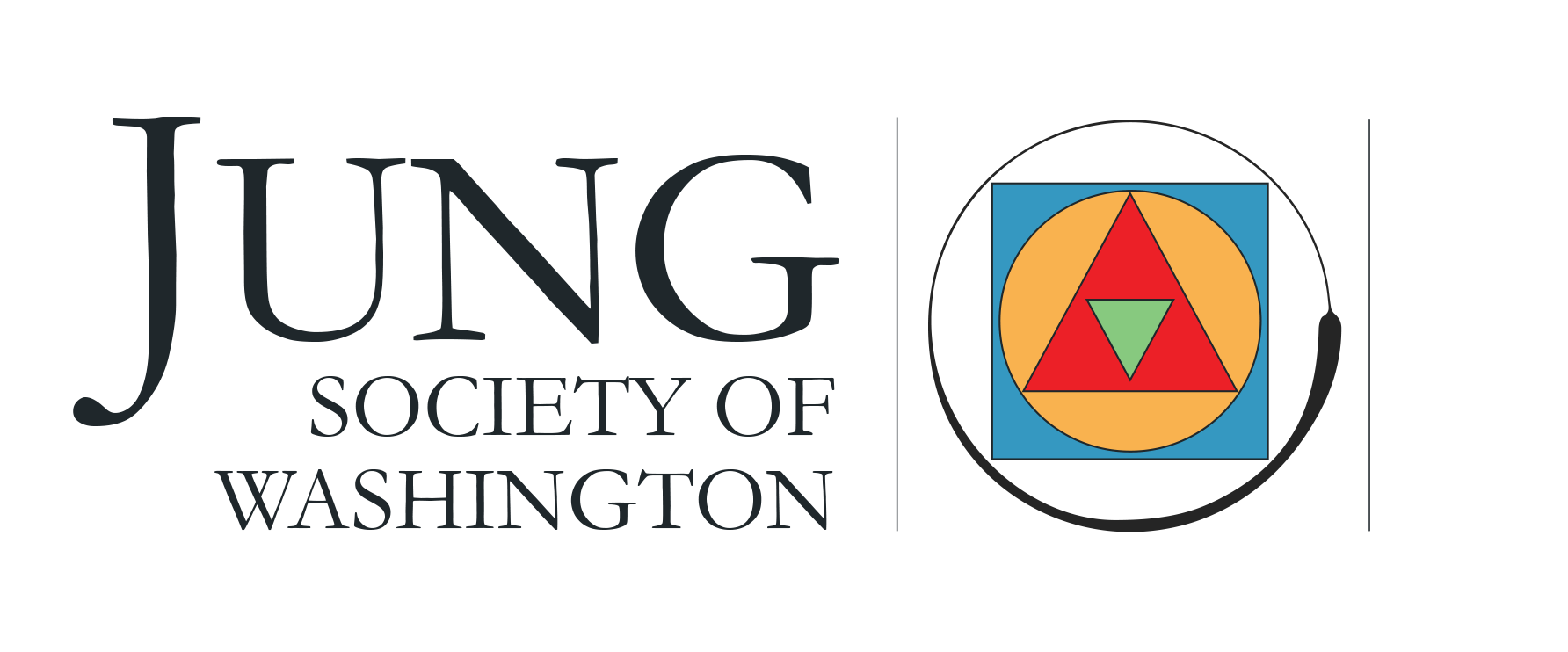
COURSE
This program WILL BE recorded. More information on recordings below. If your schedule does not allow you to attend the course, you can still reserve a ticket and a recording will be emailed out to you to watch at your convenience!
Registration closes at 12:00pm EST the day before the program begins.
Zoom Links will be in your confirmation email.
What is Zen? How does it relate to Jung? These are hard questions, but we will start with a survey of Buddhism and its offshoot that became Zen, including its meditation and ritual practices. Then we’ll look at Jung’s view of Zen – both in his introduction to D. Suzuki’s famous book and in his disappointing though often hilarious encounter with the Zen master Hisamatsu.
To make matters worse, Zen famously promotes a “no-self” theology while the core of Jung’s model of the psyche is, of course, the self! Once we untangle that mess, we will look at Jung’s take on Zen and analytical psychology. We will see that this orientation diverges from either the historical or the experiential components of Zen but is of great value in understanding Jung’s project. Finally, we can wonder about what is perhaps the central theme that lies under both Zen and Jung: the nature of consciousness and its role in suffering and individuation. Here, finally, we will see some convergence – though not one that might have been predicted.
In this discussion we will attempt to balance three quite disparate orientations: that of practitioner/believer, that of scholar/historian, and that of the Jungian psychological view. This allows us to feel the tension between words of the believer from the inside, the words of the scholar from the outside, and the analytical psychologist, who takes an empirical and psychological stance.
Morgan Stebbins, D. Min., is a Jungian analyst in private practice in New York City. He is a supervising analyst and faculty member of the Jungian Psychoanalytic Association (NY), a faculty member of the C.G. Jung Foundation (NY), and an adjunct faculty member of the New York Theological Seminary. He is also the creator of the Contemplative Jung Program of the N.Y. Zen Center for Contemplative Care and the author of numerous articles on religion and psychology.
Morgan has long been interested in Zen; he practiced at the San Francisco Zen Center in the early 1980s and later at the N.Y. Zen Center. His other interests include travel, hockey, cycling, and dog training! He has lived abroad and travelled widely, including in Peru, Ecuador, Columbia, the Galapagos Islands, South Africa, India, Pakistan, and Germany. He was a member of the U.S. field hockey teams for the Olympic Games, the Pan-American Games, and the World Cup in 1984 and remains a member of the U.S. Masters hockey team. He coaches road, track, and mountain cycling and is currently Xterrra Triathlon Division Champion.

RECORDINGS: The recording will be sent out 24-48 hours after each session has concluded. You will have 14 days to watch each of the recordings.
ZOOM LINK: The Zoom link can be found in your registration confirmation email. They will also be shared about 24 hours before the program start time. Registration closes before Zoom links are shared. If you do not receive your link 24 hours in advance, please reach out asap directly to support@jung.org
CANCELLATION: You may cancel your registration up to 1 week prior to the program.
By agreeing to enroll in an online program offered by the Jung Society of Washington, you are also agreeing to comply with our terms. This means that you cannot record (through internal or external devices) the audio, visuals (photos), or any videos of the program. The intellectual property belongs to the presenter, and we ask you not to violate this policy. Also, we highly value the anonymity of the content of the program, of the presenters, and of individuals present in the program, and hope that everyone can contribute to a respectful and trust-building online environment. Thank you!
